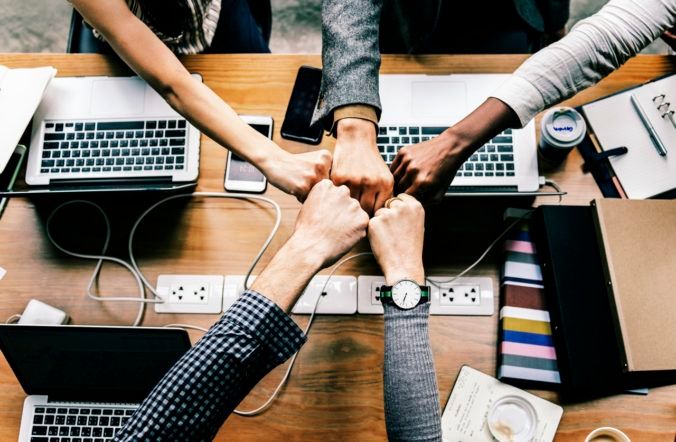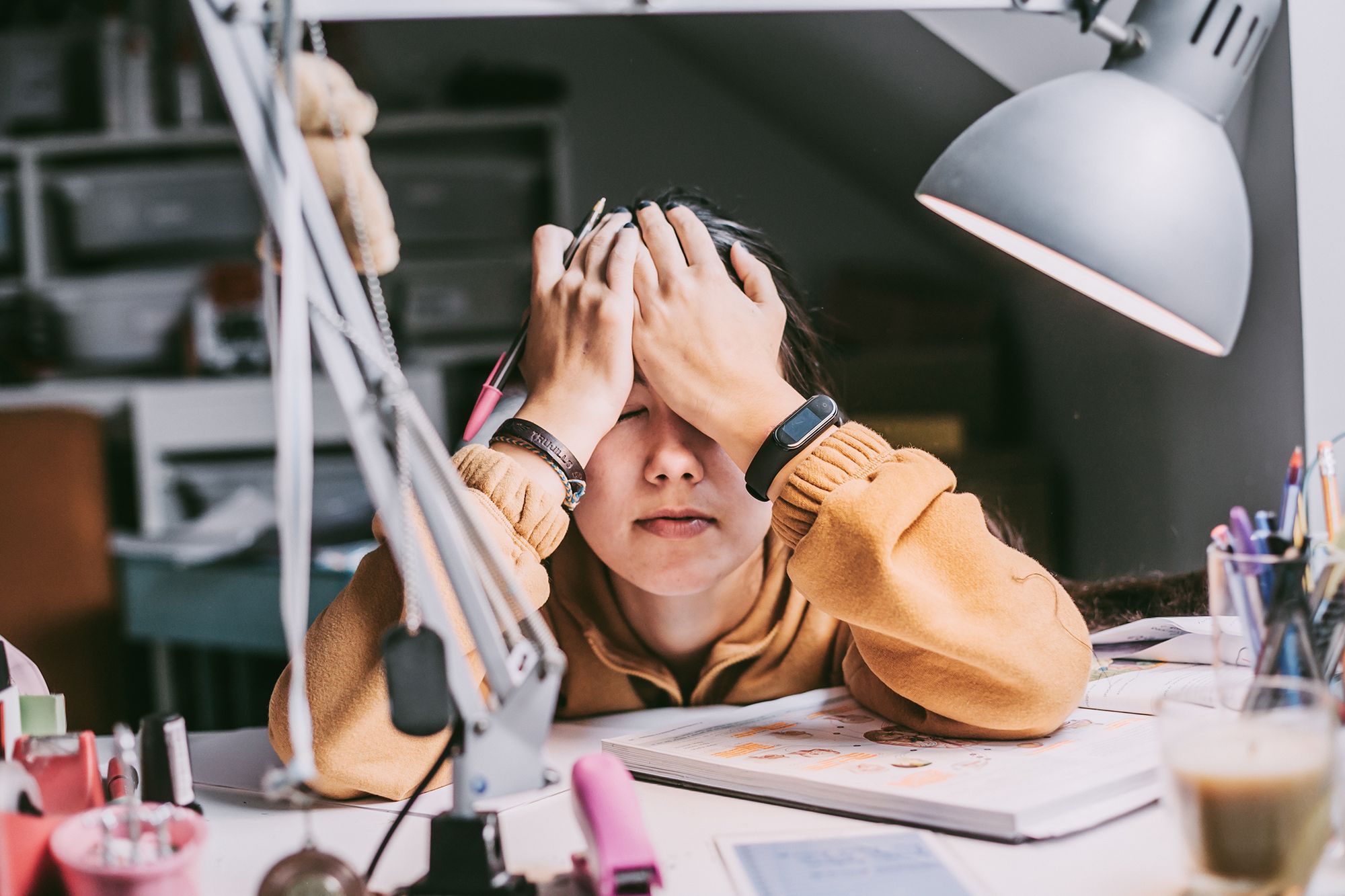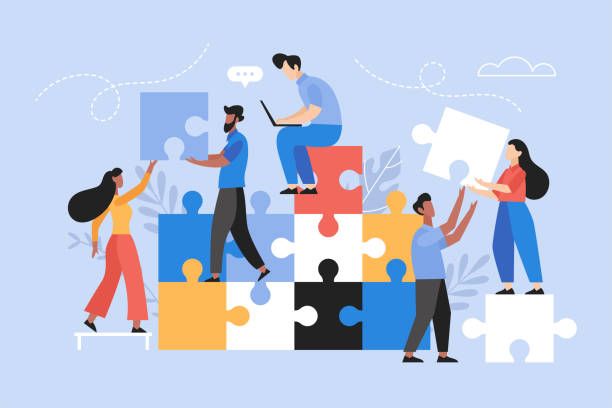Collaborating in the Digital Age

I will not lie, I've never been a fan of group projects. I have always needed a certain level of control over my grades, but having the opportunity to collaborate on a Wiki article was a new experience. Every change made was visible to the class and provided appropriate transparency for me to understand the edits. Navigating a unique project such as our Technical Writing in the Digital Age article has been a confusing, but ultimately rewarding process.
Even when my edits were deemed useless and I decided on adding things against what we've learned for the semester (Apologies for my lapse in judgment and to answer your question, Dr. Lucas, underlining can be confused for links on a web page and also represents italic when handwriting text), I'm grateful for the knowledge I now have of Wikipedia and adapting to software's that push us out of our comfort zone.
Deciding Where to Contribute
My first contribution to the Wiki I think has been completely rewritten by my wonder classmate, but I believe it was organizing the digital documents and user-centered design format. This was our biggest struggle as an asynchronous virtual class was agreeing upon the organization of information and making compromises. I've struggled with the characteristics of the digital document section as it's hard for me to scan it (hence the bad use of underlines on my part), but when I went back to view the article, others added wonderful photos that helped break up the text.
I focused my edits on adding to the multimedia/multimodal content of the article as this is my specific interest in my career as it initially only a small section with its definition. From my understanding of the significance of multimedia in the digital age, it deserves to go under User Experience. I expanded on the importance of multimedia and effective communication in technical writing. The concept of visual grammar from Reading Images: The Grammar of Visual Design by Kress and van Leeuwen will always stick with me, especially for future design projects for my job at the University of Georgia.
I must thank my classmates who helped and created a how-to for creating citations because my brain cannot comprehend how to do it properly without spending two hours on a single citation. I'm a very visual and hands-on learner so the resources provided in Dr. Lucas' article, Sourcing in Digital Documents, was extremely helpful along side my classmate's help.

Lessons Learned
Ultimately, I wish I personally contributed more. I was overwhelmed by the amount of information being added to the article at once. I found myself unsure, doubting certain information, and scared to make mistakes. In the end, I did make mistakes and thankfully I survived. I think as a class we really improve on the organization of content, but also being able to copyedit and find redundancies throughout the article. In the beginning, there were multiple repeat sections, but we were able to come together and improve them into a better flow.
Overall, my biggest takeaway from this project is learning how to read user logs, understand the editing sources, and determine reliable information on the internet. We live in an age where almost anything can be manipulated, it's important to question everything you see and look for sources of information given. In terms of technical writing, I think most people have some knowledge of technical writing skills whether they are aware of it or not. This class has taught me to hone my skills from growing up with technology and using it properly.
I do hope that at some point in the future editing Wikipedia pages will be as easy as Google Docs, but in a secure way that does not allow for mass editing.




Comments ()